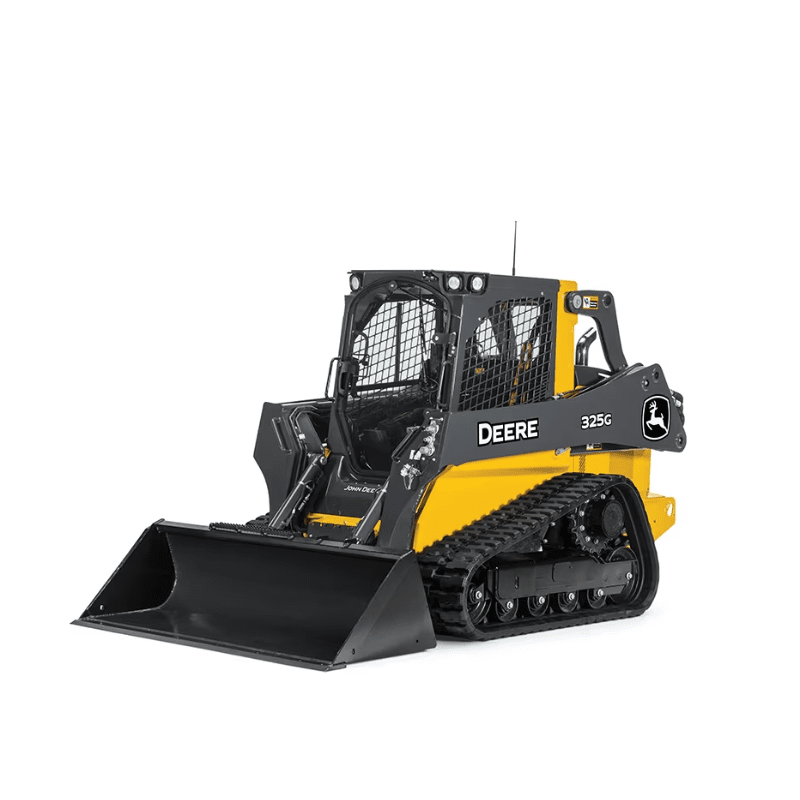Rental Company Near Me: Regional Solutions for Equipment Rentals
Wiki Article
Optimize Your Budget Plan by Recognizing the Expenses Linked With Construction Devices Leasings
Comprehending the full scope of expenses connected with building and construction equipment leasings is vital for optimizing your spending plan. While the preliminary rental charge may seem simple, various extra expenses-- such as transport, fuel additional charges, and maintenance-- can promptly gather, impacting your economic planning. Being aware of different costs and the intricacies of rental agreements can aid avoid unanticipated financial problems. What strategies can be used to effectively manage these prices and make sure a much more effective rental experience?Introduction of Rental Expenses
When taking into consideration building and construction tools rentals, understanding the associated prices is critical for reliable budgeting and project preparation. Rental prices can vary considerably based on several factors, including equipment type, duration of service, and place. The first rental charge frequently reflects the tools's market need and its associated functional abilities, affecting the general expense.Along with the base rental price, supplementary costs might occur, such as transport charges, fuel additional charges, and upkeep charges. It is important to make up these added expenses to precisely assess the overall cost of leasing tools. The rental period can affect prices; longer rentals may certify for reduced rates, while short-term leasings may incur greater day-to-day charges.

Break Down of Rental Rates
A thorough understanding of rental rates is vital for contractors and task supervisors aiming to optimize their budgets. Rental prices for building devices commonly are composed of several components, consisting of base prices, time-based charges, and use fees.Base prices are the core costs connected with the leasing of the equipment, typically determined by the kind and size of the machinery. These rates can vary substantially, influenced by aspects such as equipment demand, schedule, and regional market trends. Time-based fees, which might be daily, weekly, or monthly, serve to suit various project timelines and rental durations.
In addition, rental prices may include usage costs, which are applicable when equipment is used beyond a specified threshold, ensuring that the rental business can make up damage. Seasonal need variations can also affect rental prices, with peak building and construction seasons typically commanding higher prices.
In addition, comprehending the rental firm's plans pertaining to maintenance and insurance can supply further understanding into the overall expense framework. By analyzing these parts, specialists can make educated decisions, ensuring the choice of rental devices straightens with both task demands and spending plan restrictions.
Additional Fees to Take Into Consideration
Understanding the intricacies of additional costs is crucial for service providers to handle their overall leasing expenditures effectively. Beyond the common rental prices, numerous supplemental costs can substantially influence the total cost of tools rental. These charges frequently include distribution and pickup charges, which can vary based upon range and logistics involved in transferring the tools to and from the work website.Moreover, some rental business may impose fuel surcharges if the devices is returned with less fuel than when rented. It is also vital to understand potential cleansing costs, specifically for customized tools that requires extensive maintenance after use.

Extensively assessing the rental contract and clearing up these additional costs ahead of time can aid service providers make get more sure and prevent unexpected prices that spending plans stay intact throughout the task lifecycle.
Maintenance and Repair Costs
Routine upkeep and repair service expenses are often ignored factors that can dramatically influence the total expense of building devices leasings. When renting out tools, it is vital to consider not just the rental fees however also the prospective costs connected with keeping the equipment in ideal operating problem.Many rental business consist of basic upkeep as part of the rental agreement; nonetheless, more comprehensive repair work or unanticipated breakdowns can lead to extra expenditures. It's vital to examine the rental agreement carefully to comprehend what upkeep solutions are covered and what responsibilities fall on the occupant.
Furthermore, devices that is not properly maintained can bring about inefficiencies at work website, possibly raising and causing delays task costs. To reduce these dangers, it is suggested to perform normal inspections and keep open communication with the rental supplier pertaining to any kind of concerns that emerge throughout usage.
Insurance and Liability Expenses
Insurance policy and liability expenses are critical parts that can considerably affect the check here overall expense of construction equipment leasings (forklift rental). These expenses make sure that both the rental business and the client are secured from possible monetary losses occurring from accidents, damages, or burglary during the rental period
In addition, clients must understand any deductibles or exemptions in the insurance plan, as these can affect prospective out-of-pocket expenditures. Recognizing the conditions of any insurance protection is important to stay clear of unexpected prices. Eventually, budgeting for insurance and obligation expenditures can help make sure a smoother rental experience and protect versus financial threats connected with building and construction jobs.
Conclusion
In conclusion, an extensive understanding of the expenses connected with building and construction tools services is crucial for reliable spending plan monitoring. Eventually, informed decision-making concerning equipment services adds to the general success of building endeavors.Rental costs can best site vary considerably based on several factors, consisting of devices type, period of rental, and place (aerial lift rental). The rental duration can affect pricing; longer services may qualify for affordable prices, while short-term services may sustain greater everyday charges
By carrying out extensive research and involving with reputable rental business, professionals can successfully navigate the intricacies of rental pricing, inevitably maximizing their economic resources.
Beyond the standard rental rates, numerous additional fees can dramatically influence the total expense of equipment leasing. Rental firms commonly give obligation insurance that covers injuries to third events or damage to residential or commercial property, while devices damages insurance policy can cover the cost of repair services or substitute if the rented devices is harmed.
Report this wiki page